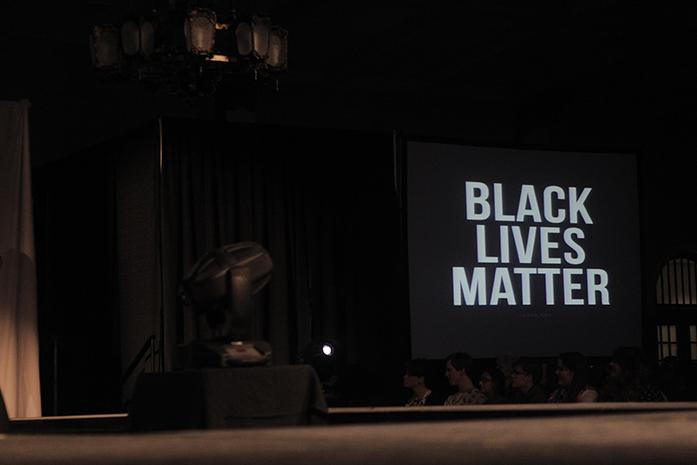Keith Reed
[email protected]
Nicki Minaj was on the cover of New York Times Magazine on Oct. 7. In her feature, Minaj spoke about her outburst at the MTV Video Music Awards, which sparked outrage on the Internet. Minaj made reference to Miley Cyrus’ comments in the New York Times, where Cyrus says about Minaj, “You made it about you … ‘Eh, I didn’t get my VMA.’ ” Minaj’s retort was in fact substantiated, and her original comment on the subject was taken out of context.
Experiencing life as an African-American male, I know that my opinions are considered less than those of my white counterparts. This is something that I know to be true for many other minorities. Knowing what I know, I found this to be the proper catalyst for conversation on this topic.
Minaj was commenting on the fact that African-American women as well as women who do not possess the average body type are snubbed at the award shows. Taylor Swift latched onto these statements and felt as if she was being called out. Minaj was speaking on the state of society in generalities and there was no direct mention to anyone in particular. Adding Cyrus’ comments to the mix, this affords the argument that there is an apparent erasure of black feelings. Minaj is entitled to her opinion and her feelings as well as the next human being, but this raises the idea: Are black feelings and experiences valuable?
During the Democratic presidential debate on Tuesday, a teenager from Des Moines asked, “Do black lives matter or do all lives matter?” Bernie Sanders answered the question perfectly by describing a controversy that continues to plague the African-American community today. He wants to combat institutional racism and institute reform in the broken criminal-justice system. Jim Webb, another presidential hopeful, stated that all lives matter and detailed an interaction that he had with one African-American Marine. The so-called movement “all lives matter” is an attempt at stifling African-American commentary on the subject, and this is intentional erasure of the plight that African Americans face daily.
I was in an organization that called my race into question. Not which race I happen to identify with, but my feelings on the subject. My tenure in the organization was filled with asides from the leaders of the organization chastising me for something that I did. As a response, rebellion was first on my menu. I did not put my all into my work or input much effort because of the treatment I received. There was an apparent ultimatum given to me because my studies will always come first and any organization second. I was also given an email calling my honesty and integrity into question. This email infuriated me, after reading it; I started to think it was because of the color of my skin. I received an additional email that did not mention anything on my feelings of racism and devaluation.
The African-American voice should be heeded wisely and revered for its scarcity within popular culture. With the varied attempts to stifle the African-American voice speaking out on the injustices in the world, this reinforces the need for the Nicki Minajs of the world. The African-American community needs a voice that can reach over the ignorant and bigoted views of the uneducated to iterate the issues.



